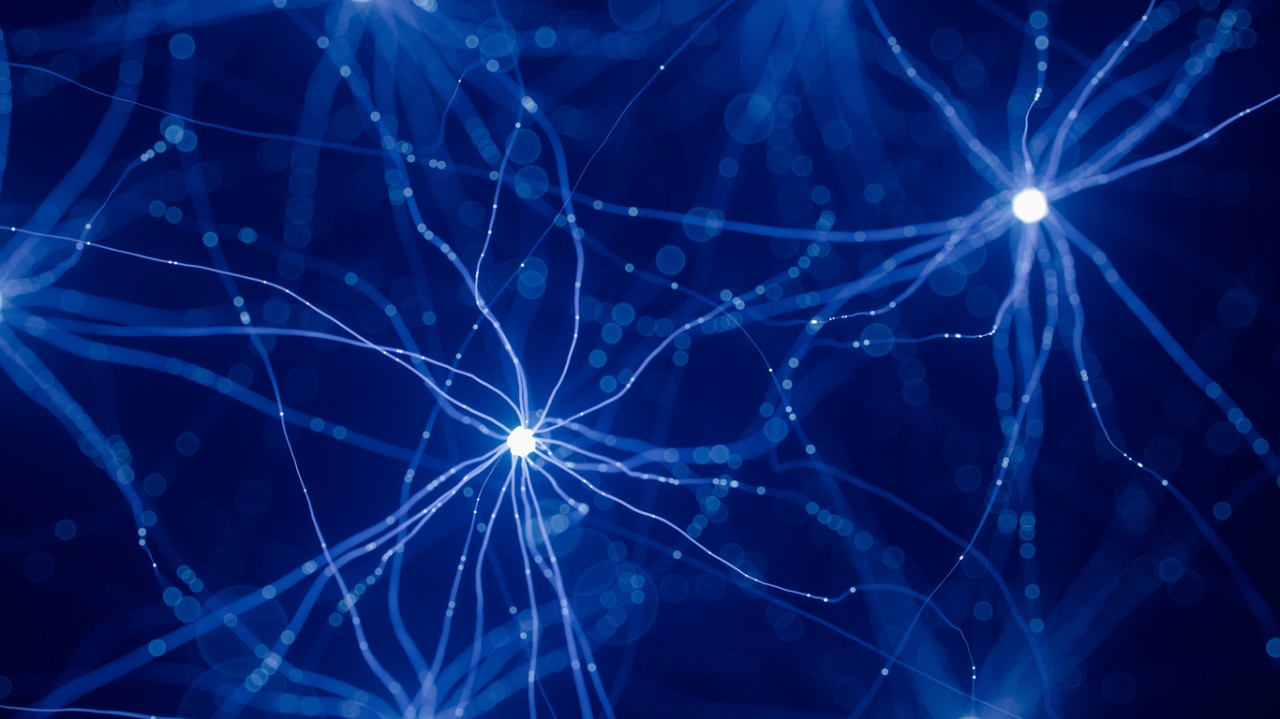
Scientists create world’s first mini-brain with working blood-brain barrier
UC, Cincinnati Children's researcher featured in Interesting Engineering
Interesting Engineering recently highlighted research led by University of Cincinnati and Cincinnati Children's Hospital researcher Ziyuan Guo that developed the first human mini-brain that incorporates a fully functional blood-brain barrier (BBB).
In collaboration with researchers at the Mayo Clinic and University of California San Diego, the researchers said this breakthrough could help accelerate the understanding of and development of novel treatments for many brain disorders including cancer, Alzheimer's disease and Parkinson's disease.
“Lack of an authentic human BBB model has been a major hurdle in studying neurological diseases," said lead author Ziyuan Guo, PhD, assistant professor in the Department of Pediatrics in UC's College of Medicine and researcher at Cincinnati Children's. "Our breakthrough involves the generation of human BBB organoids from human pluripotent stem cells, mimicking human neurovascular development to produce a faithful representation of the barrier in growing, functioning brain tissue. This is an important advance because animal models we currently use in research do not accurately reflect human brain development and BBB functionality.
"“Now, through stem cell bioengineering, we have developed an innovative platform based on human stem cells that allows us to study the intricate mechanisms governing BBB function and dysfunction," Guo continued. "This provides unprecedented opportunities for drug discovery and therapeutic intervention."
Read the Interesting Engineering article.
The research was also featured in Drug Target Review. Read the Drug Target Review article.
Featured photo at top of neurons. photo/Imaginima/iStock.
Related Stories
GEN News: Biomarker discovery to help predict breast cancer outcomes
September 7, 2022
GEN News highlighted recent University of Cincinnati and Cincinnati Children's Hospital Medical Center research on metabolic signatures that help predict breast cancer outcomes and could open avenues for new treatments.
Scientists create world’s first mini-brain with working blood-brain barrier
May 23, 2024
Interesting Engineering and Drug Target Review highlighted research led by University of Cincinnati and Cincinnati Children's Hospital researcher Ziyuan Guo that developed the first human mini-brain that incorporates a fully functional blood-brain barrier.
Healio: Early data shows new treatment effective for pediatric Hodgkin lymphoma patients
June 10, 2022
Healio highlighted clinical trial data presented by University of Cincinnati professor and Cincinnati Children's Hospital Medical Center oncologist Robin Norris on a new combination treatment for young patients with advanced-stage Hodgkin lymphoma.
